
We’ve pulled together lots of information and advice to help you discover the right opportunity for you, so check out the support below for each stage of the recruitment process.
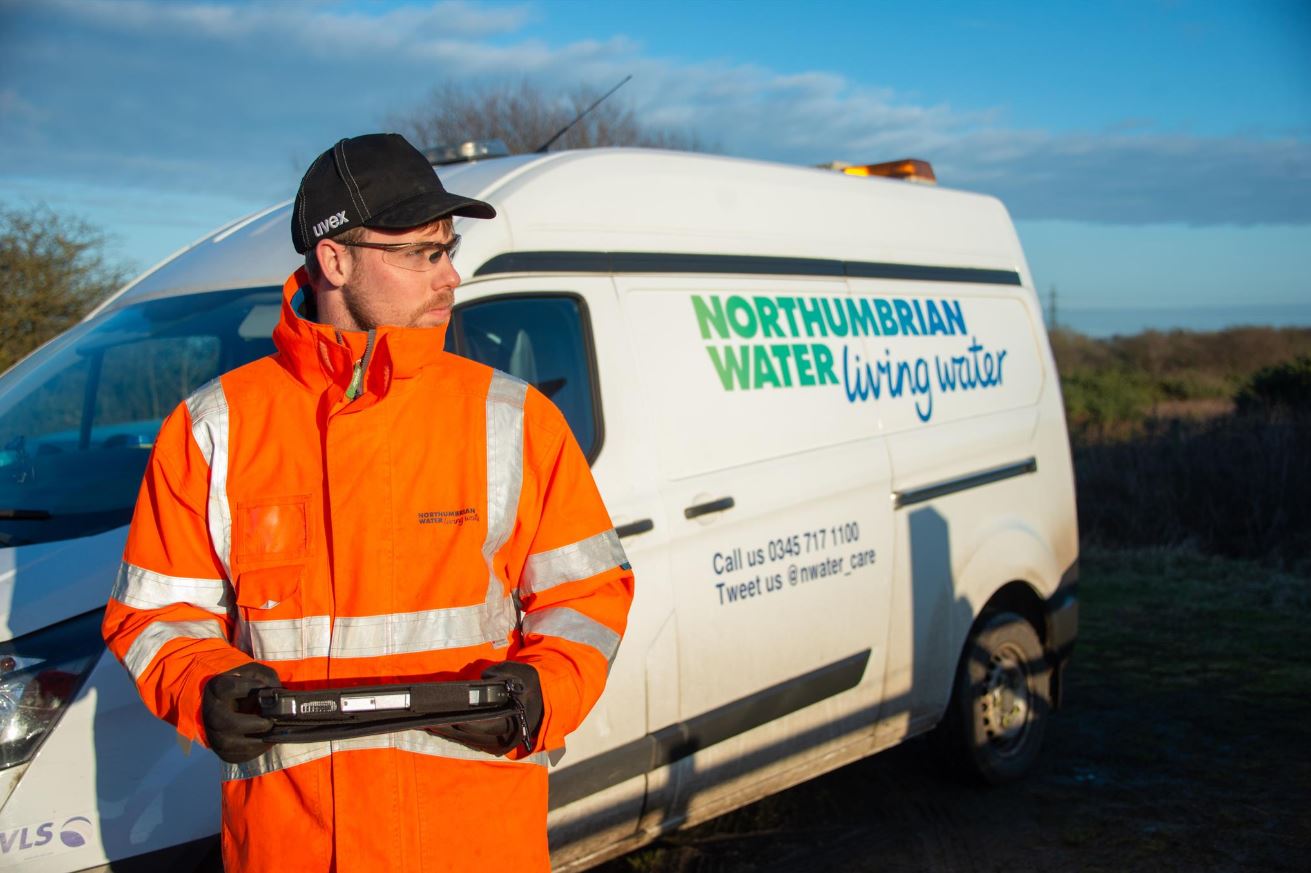







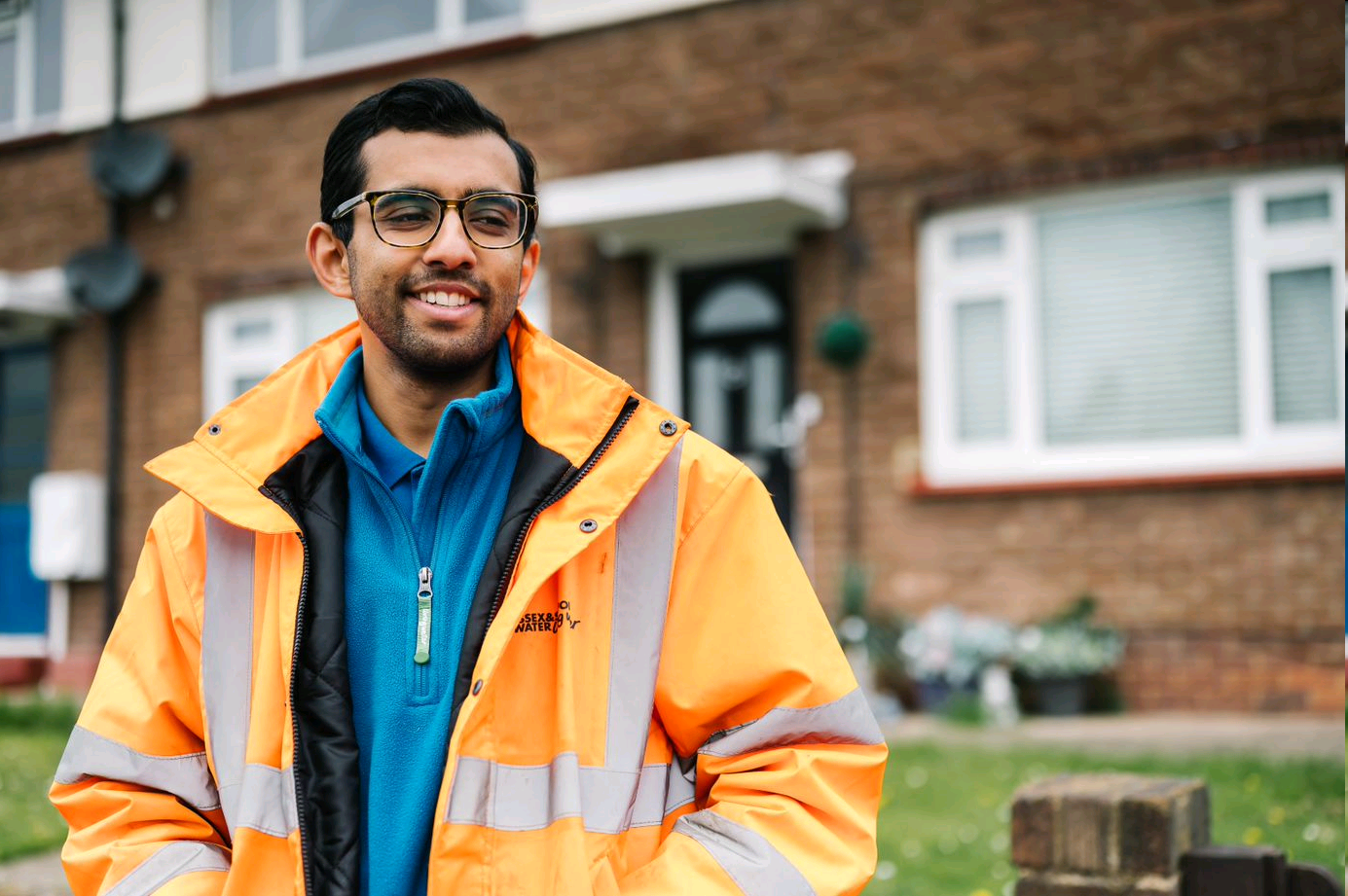

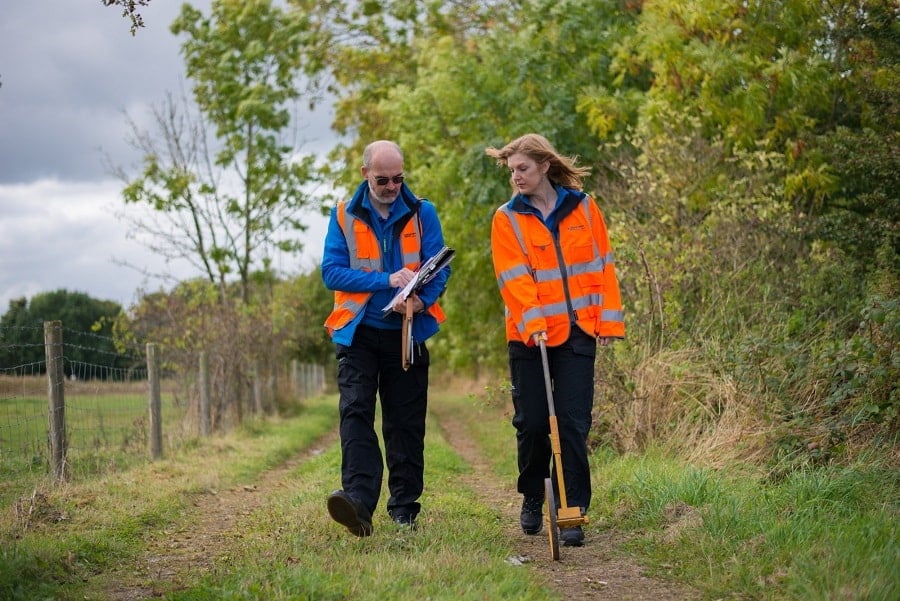
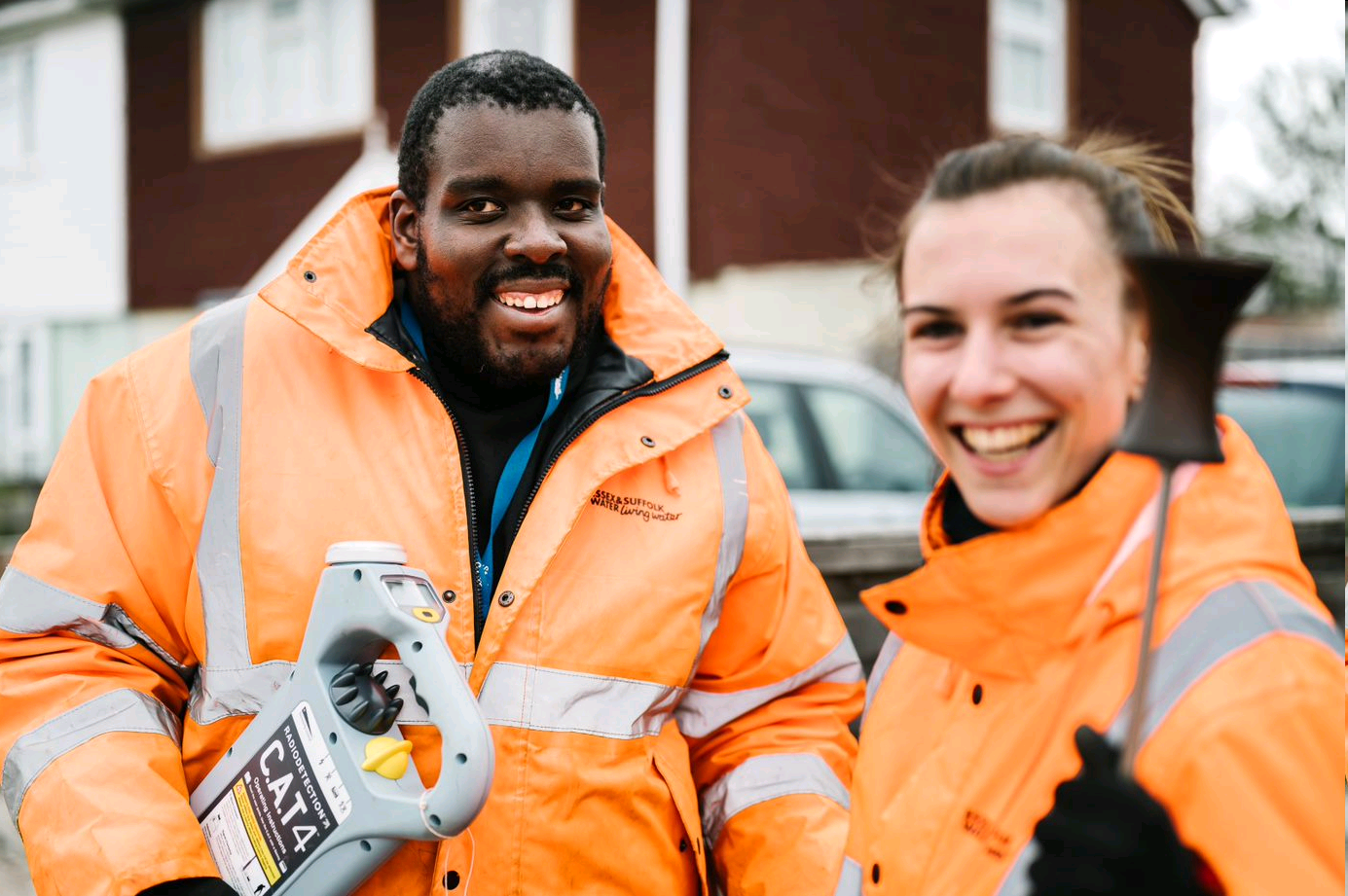
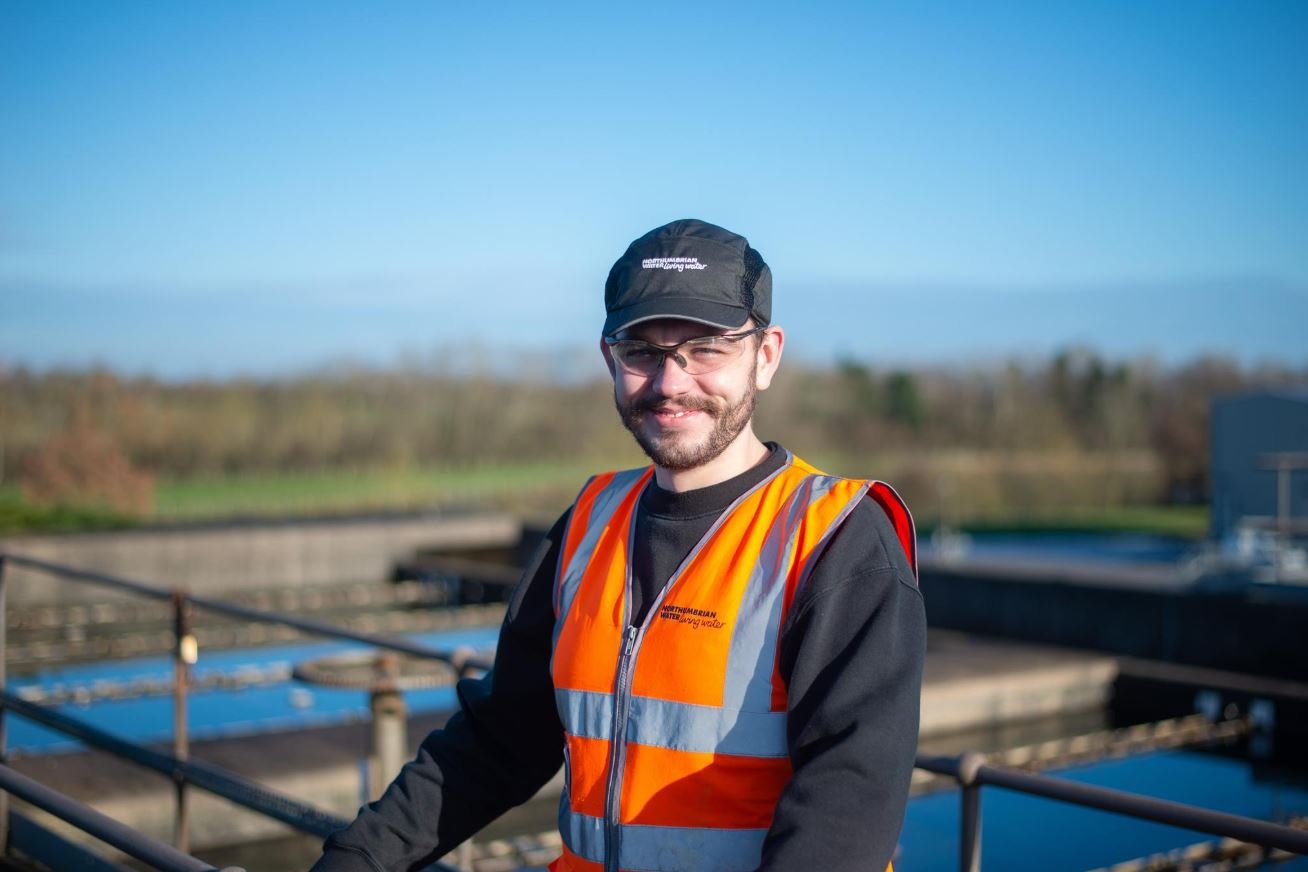
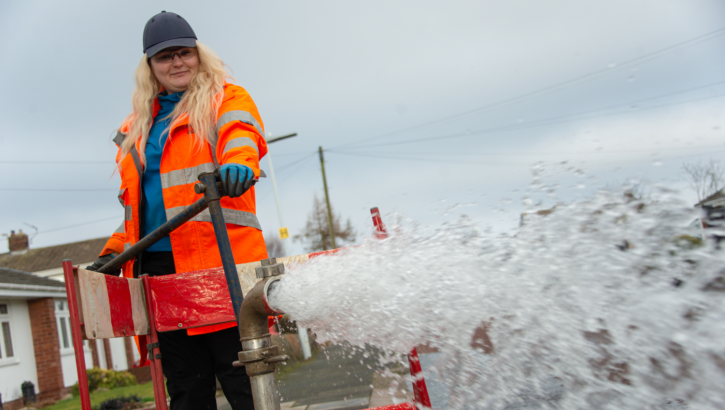

If you don’t already have a CV, you can use this template to apply for our roles and we’ve provided some helpful hints and tips on what to include in this as well.
We’ll use your CV to assess your suitability for the role. Use it to tell us about your skills and experience, focusing on what is relevant for the role based on our job description. It’s best to keep your CV short and succinct, ideally 2 A4 pages, but if it went to 3 pages that will do just nicely too.
Keep it professional and don’t include unnecessary information. Let your achievements and personality shine through as that’s what’s important to us!
CV’s do take a while to pull together and include lots of information, we’d always recommend tailoring your CV for the role you’re applying. Putting in this hard work to prepare your CV ensures the skills an employer is seeking shine through in your CV. This willl grab the hiring manager's attention and get you to the next stage “The Interview”.
CV - Top Tips
- Clear and simple layout in a professional font. It should be clear to anyone reading your CV where to find the information, you may differentiate your sections using headings.
- Remove all unnecessary information and lose the jargon.
- We would recommend tailoring your CV to the role you’re applying. You should use the job description and advert to do this.
- Use action words and facts/figures to demonstrate the outcome of your responsibility or achievement
- Sell yourself – what are your unique qualities, skills and experience that make you stand out from the crowd
- Don’t leave unexplained gaps – if you had a career break to travel or raise a family, explain what skills or experience you gained from this emphasising your transferrable skills.
- AI can be a valuable tool for CV writing to aid with structure and formatting, but it’s vital to personalise, proofread and check for errors, you may even ask for someone else to check this.
So, you really want the job you have applied for and you have been shortlisted to an interview.
We know interviews can be nerve wracking and stressful if you haven’t been through one for a while, so we’ve put together the information on this page to help you shine at your interview. The following tips and ideas are to prepare you for your interview and equip you with the knowledge you need to secure the role. Make sure you have the job specification and understand the format of the interview. You may be asked to prepare a presentation or participate in an assessment.
We use different types of interview questions to find out a little more about your skills, your experience and what you can bring to the role we’re recruiting for.
Situational interview questions, also known as scenario-based questions ask you to describe how you might respond to a hypothetical situation in the future. In this instance the interviewer is looking to understand your thought process.
- Some examples may include:
Your department is short-staffed, and everyone has been asked to take turns working extra hours to help out. You've already worked late once this week, but a co-worker called in sick and now your supervisor is asking if you can fill in again. You have plans with friends after work. How would you respond? - Your supervisor asks you to do something which you're certain is either against policy or out of line with your organisation's standard procedures. How would you handle this situation
- You notice that one of your team members seems distracted a lot lately and he isn't following orders, maybe because he never really heard them in the first place. What would you do in this situation?
Behavioural and values-based interview questions require candidates to share examples of specific situations they’ve been in where they had to use certain skills and how this aligns to a company’s values.
- Provide an example of where you’ve overcome a problem at work. How did you resolve it?
- Tell us about a time when you were in a position that you felt was not ethically right. What action did you take?
- Give an example of where you’ve provided support to a struggling team member.
Technical Questions
Technical Questions relate specifically to your knowledge of a technical area. This may be system knowledge, or programming languages that you have used.
- What is your knowledge and experience of applicant tracking systems?
- Can you explain your experience using Java?
- What technical tools have you previously worked with?
These are the types of questions we may ask you at your interview, but how do you answer them in the right way, the STAR model is a common way of getting the structure right to get all your information over and how to demonstrate what you have or would do.
STAR Model
To help structure your examples, use the STAR model. Here’s how it works . . .
- Situation – Around 20% of your answer should be used to set the scene. What was happening?
- Task – 10% should explain the task either set by yourself or another.
- Action – This is the most important part: 50% of your answer should describe what you did and the skills you used to do it.
- Result – Use the last 20% to give details of the outcome. This should include a good dose of self-analysis. Consider what impact your behaviour had on the result - perhaps you learnt something about yourself or it altered your thinking.
So, you’ve been asked to prepare a presentation?
Presentation preparation
Review the information - Now you’ve been asked to prepare a presentation prior to your interview, it’s important to review the information you’ve been given. If there’s anything you are unsure of then always ask for clarification. Before beginning it’s important to generate ideas using a mind map. Remember that your presentation will have an expected duration so don’t exceed the time you’ve been given.
Structure your presentation - It’s important to ensure you structure your presentation, you’ll need a captivating introduction, compelling argument and a memorable conclusion ensuring you have examples of your skills and abilities.
No matter how fantastic you are at communicating, preparing aids is highly useful. This may be in the form of PowerPoint or just talking it through. The important thing to remember is not to rely on these or have too many slides. It is advisable to keep the information to a minimum and treat each slide like a prompt.
Practice, practice, practice - Practicing is very important, either in front of a mirror or family members. This is where you’ll be able to see areas you can improve. Try avoiding using filler words like ‘um’ too.
Delivery - When you deliver your presentation, it is important not to look at your notes the entire time and try to make eye contact where possible. Ensure your body language is open and you speak with confidence.
So, there’s an unseen task during the interview?
Naturally, the task is going to be related to the job you’ve applied. Think about the type of job you’re applying for and try to narrow it down to three main aspects through reviewing the job description. Whilst you won’t know exactly what the task is you can anticipate the types of things you will be asked to do.
Research - Understanding the business area, department, team and reviewing the job description are very important. Reviewing the skills that they’re looking for will help you to provide examples to demonstrate those skills and behaviours. Gather as much useful information as possible. You’ll impress the interviewer if you’ve researched all of this, as there may be something you didn’t know about their team before. It’s also good to be able to communicate this in a concise and professional sounding manner.
Plan your travel and expect the unexpected - There’s nothing worse than being late for an interview so ensure you plan your journey and factor in any delays there may be.
During your interview - Try not to panic!
It’s natural to feel a little nervous so if there’s a question you aren’t sure on then ask for a moment to think about it and compose yourself. If you’re really stressed, then let the interviewer know; this will help them understand your situation and make you feel at ease. They aren’t there to catch you out.
- Take your time - If you’re unsure of an answer then ask to come back to it or ask for a couple of minutes to think. You aren’t scored on the order in which you answer questions.
- Detail is key - Always make sure you provide a high level of detail. The job description is a useful tool to help you prepare examples.
- Take a page of notes with you - An interview isn’t a memory test. You can take one page of notes as a prompt to support you. However, you won’t be able to use them to read answers out word for word.
- Come prepared with questions - It’s a great opportunity for you to ask any questions about the role and will show that you are interested. You could ask how many people will be in the team.
